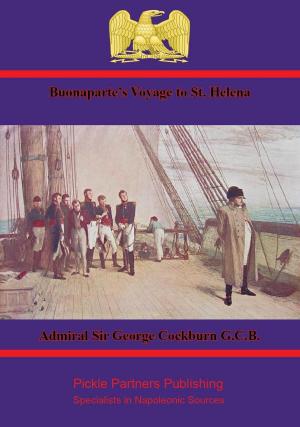The Memoirs of Baron Lejeune, Aide-de-Camp to Marshals Berthier, Davout and Oudinot. Vol. II
Nonfiction, History, Spain & Portugal, France, Military| Author: | Général de Brigade, Baron Louis-François Lejeune | ISBN: | 9781908692139 |
| Publisher: | Wagram Press | Publication: | December 3, 2010 |
| Imprint: | Wagram Press | Language: | English |
| Author: | Général de Brigade, Baron Louis-François Lejeune |
| ISBN: | 9781908692139 |
| Publisher: | Wagram Press |
| Publication: | December 3, 2010 |
| Imprint: | Wagram Press |
| Language: | English |
Amongst the many memoirs of the Napoleonic period, there are a number that stand out not just for their historical value, but also for their actual written style, however in this sense Lejeune stands alone. Lejeune was by nature an artist and is still a famous as a noted painter of scenes of battles, most of which he witnessed. As such his scenes are like his painting filled with evocative detail.
The narrative in Vol. II runs from the Napoleon’s divorce of the Empress Josephine and his subsequent marriage to Marie-Louise of Austria with the attendant balls and festivities. As the war in Spain drags on, he is sent on an important mission to collect information for the Emperor, during which he is ambushed and captured by partisans. His subsequent imprisonment and transfer to Britain are painted in vivid colours and are surpassed only by his subsequent escape to France and evasion of the dread smuggler “Brick”.
Lejeune was on the staff of Marshal Berthier and, thereafter Marshal Davout, during the Russian campaign of 1812, and was witness to the bloody struggle to Moscow and the disastrous retreat back to Prussia. His numerous vignettes of the retreat are often quoted due to their detail and incisive nature, his description of his purchase of a bearskin from its unwilling seller, a colonel swaddled in furs, on the retreat is priceless.
Lejeune also served on in the twilight of the Empire, at the battles of Lützen, Bautzen, and Leipzig. His military career was ended by wounds from a shell fragment the day after the battle of Hanau in 1813.
Lejeune was witness to some of the great events of the Napoleonic period, and moved with the grace of a courtier through them, his eye catches the human actors in his pen portraits beautifully.
Highly Recommended.
Author: Général de Brigade Baron Louis François Lejeune, (1775-1848;)
Translator: Mrs Arthur Bell [D'Anvers, N.], ????-1933
Foreword: Major-General Maurice, John Frederick, Sir, 1841-1912
Annotations – PP-Publishing
Amongst the many memoirs of the Napoleonic period, there are a number that stand out not just for their historical value, but also for their actual written style, however in this sense Lejeune stands alone. Lejeune was by nature an artist and is still a famous as a noted painter of scenes of battles, most of which he witnessed. As such his scenes are like his painting filled with evocative detail.
The narrative in Vol. II runs from the Napoleon’s divorce of the Empress Josephine and his subsequent marriage to Marie-Louise of Austria with the attendant balls and festivities. As the war in Spain drags on, he is sent on an important mission to collect information for the Emperor, during which he is ambushed and captured by partisans. His subsequent imprisonment and transfer to Britain are painted in vivid colours and are surpassed only by his subsequent escape to France and evasion of the dread smuggler “Brick”.
Lejeune was on the staff of Marshal Berthier and, thereafter Marshal Davout, during the Russian campaign of 1812, and was witness to the bloody struggle to Moscow and the disastrous retreat back to Prussia. His numerous vignettes of the retreat are often quoted due to their detail and incisive nature, his description of his purchase of a bearskin from its unwilling seller, a colonel swaddled in furs, on the retreat is priceless.
Lejeune also served on in the twilight of the Empire, at the battles of Lützen, Bautzen, and Leipzig. His military career was ended by wounds from a shell fragment the day after the battle of Hanau in 1813.
Lejeune was witness to some of the great events of the Napoleonic period, and moved with the grace of a courtier through them, his eye catches the human actors in his pen portraits beautifully.
Highly Recommended.
Author: Général de Brigade Baron Louis François Lejeune, (1775-1848;)
Translator: Mrs Arthur Bell [D'Anvers, N.], ????-1933
Foreword: Major-General Maurice, John Frederick, Sir, 1841-1912
Annotations – PP-Publishing
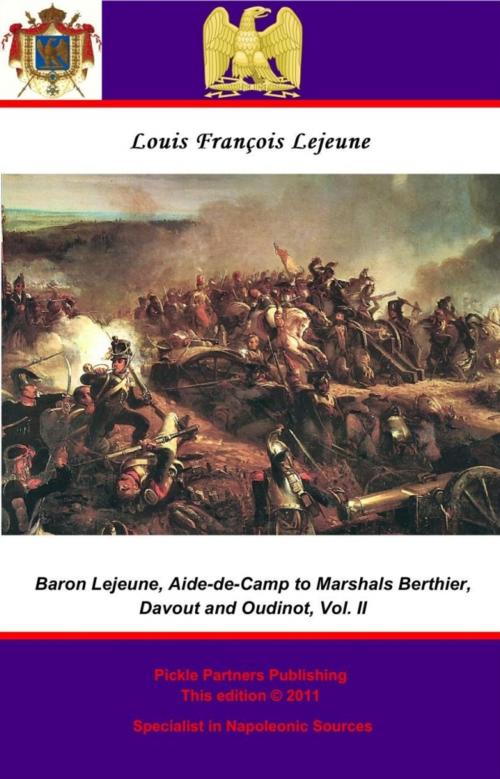
![Cover of the book History Of The Consulate And The Empire Of France Under Napoleon Vol. XII [Illustrated Edition] by Général de Brigade, Baron Louis-François Lejeune](https://www.kuoky.com/images/2016/march/300x300/9781786259196-dyzT_300x.jpg)

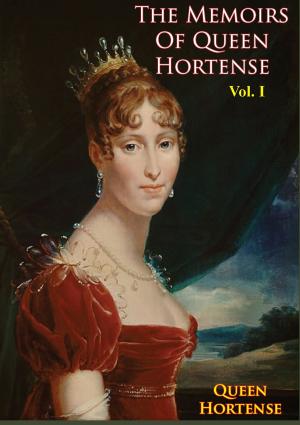

![Cover of the book The Franco-German War Of 1870-71 [Illustrated Edition] by Général de Brigade, Baron Louis-François Lejeune](https://www.kuoky.com/images/2014/june/300x300/9781782892366-5wZe_300x.jpg)





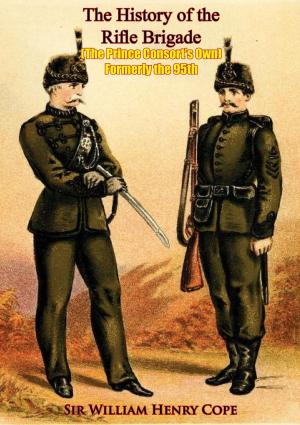
![Cover of the book The Hussar [1845 Edition] by Général de Brigade, Baron Louis-François Lejeune](https://www.kuoky.com/images/2017/january/300x300/9781787203624-bSP3_300x.jpg)
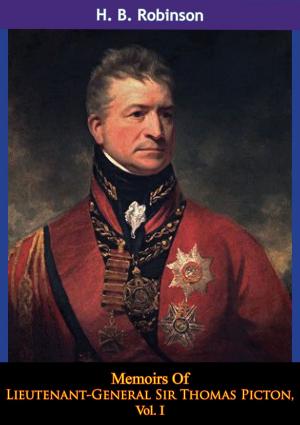
![Cover of the book History Of The Consulate And The Empire Of France Under Napoleon Vol. I [Illustrated Edition] by Général de Brigade, Baron Louis-François Lejeune](https://www.kuoky.com/images/2016/march/300x300/9781786259080-m3QR_300x.jpg)
